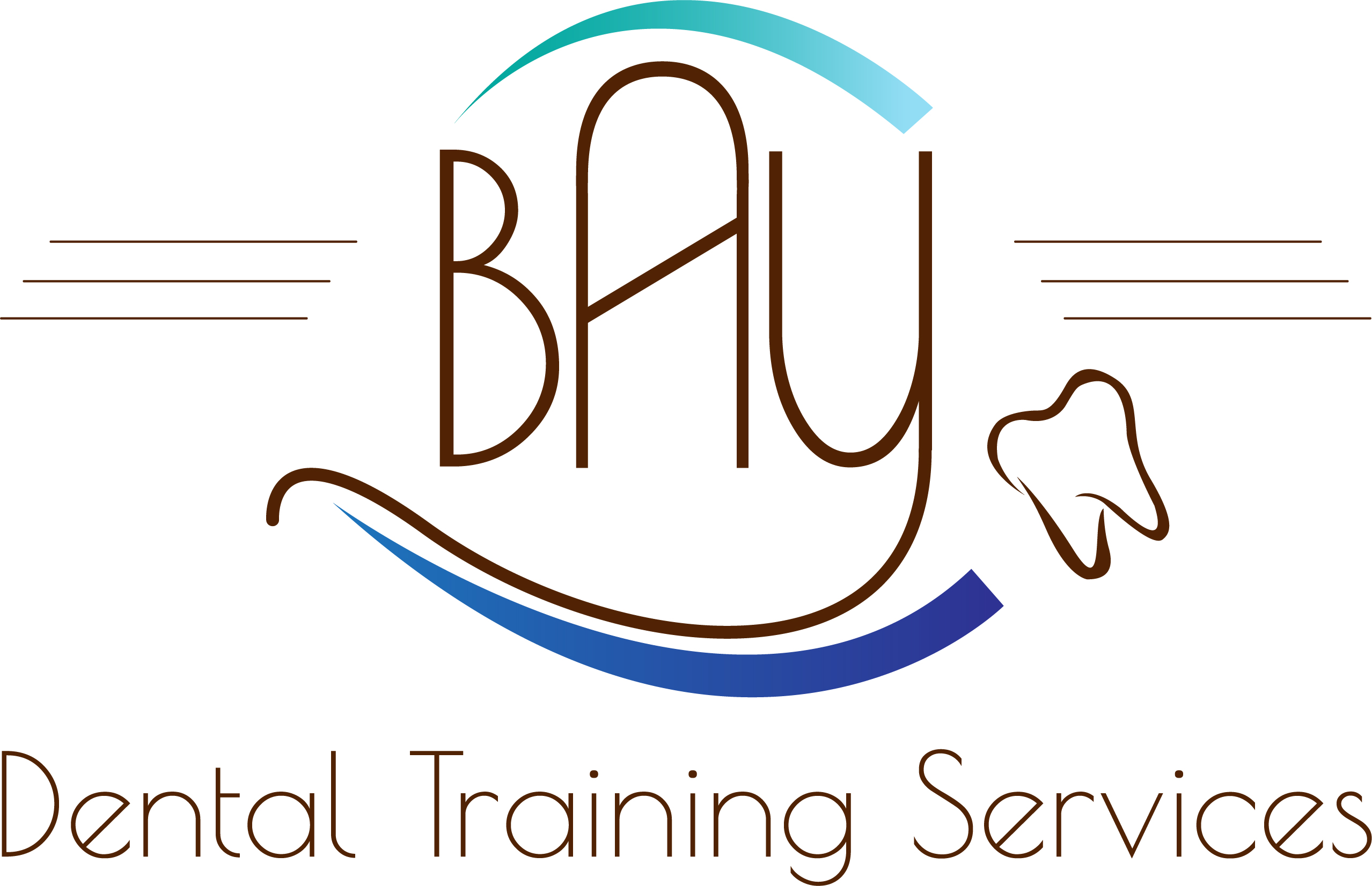Certificate in Initial Orthodontic Assessment and Clinical Records
| Course title: Initial Orthodontic Assessment and Clinical Records | |
| This course is aimed at orthodontic nurses who wish to be practically involved in the clinical assessment of patients prior to orthodontic treatment. Learners will be able to undertake dental impressions, orthodontic radiography and clinical photography, and will learn the skill of taking an IOTN assessment on models. | |
| Awarded by: DELTA Awards | |
| Structure: The course is delivered by way of 4 modules. All modules are mandatory and must be passed. | |
| Grading: Pass or fail | |
|
|
Pre-requisites: Candidates must hold GDC registration and a recognised Dental Nurse qualification and be working in an orthodontic environment. This course requires the involvement of a workplace supervisor / expert witness who will take overall responsibility for the practical evidence completed within the workplace. This person will receive their own account login and be required to sign off the evidence submitted. Please ensure you have this person in place prior to course application. Failure to do so will compromise course progress. |
|
|
Assessment:
This course is assessed by:
Workplace Portfolio of Evidence combined forms 50% of the final grade. Of this, the subject breakdown is: Impression Taking – 10% Essay submission – an extended essay within the Impression Taking course forms 20% of the overall grade Final examination – a 60 minute written exam on radiography only contributes to 30% of the overall grade Candidates must achieve a pass in all modules to gain the certificate.
|
| Resit arrangements: Candidates can receive a small course extension to amend or change any information in the case studies or essay submissions. A fee may be applicable.Candidates get two included attempts at the final examination. Further attempts will be subject to a fee. | |
| Practical component:
The taking of dental impressions, the taking of orthodontic radiographs (panoramic, occlusal, Cephalometric views and periapical) and the taking of clinical photographs. |
|
| Guided Learning Hours: This programme is 300 Guided Learning Hours (GLH) | |
| Course length: 9 – 12 months | |
| Credits: This course attracts 30 credits | |
Course Content
| Module 1 Dental Impressions | Module 1 Assessment |
|---|---|
| Section 1 Legislation Consent General Dental Council – responsibilities as a registrant CoSHH CPR / emergencies First AidSection 2 Health and Safety Cross Infection Control Materials Devices and treatmentsSection 3 Patient management Anatomy of the oral cavity Laboratory requirements Impression taking faults Technique |
Essay
Essay
Workplace Porftolio
|
| Module 2 Orthodontic Radiography | |
| Section 1 LegislationSection 2 Content Equipment used in Image Production Film Based systems Digital systemsSection 3 Content Interaction with Matter Radiation Physics Biological Effects of Radiation DoseSection 4 Content Intra oral techniques • Periapical views • Bitewing views Extra oral techniques • Panoramic radiographs Additional techniques • Occlusal views • Bisected angles • CephalometricSection 5 Content Digital Radiography Section 6 Content |
Section 1 Assessment End of module assignmentsSection 2 Assessment End of module assignmentsSection 3 Assessment End of module assignmentsSection 4 Assessment End of module assignments WPoE logsSection 5 Assessment End of Module assignments Section 6 Assessment
|
| Module 3 Clinical Photography | |
| Content Extra Oral Photographs: • Frontal view with lips at rest • Frontal view with lips smiling • Lateral view with the lips at rest in the natural head position • ¾ profile at rest Intra oral • Anterior view • Right and left buccal views (in occlusion) • Upper occlusal view • Lower occlusal view |
Assessment Taking and presentation of 3 sets of intra and extra oral photographs |
| Module 4 IOTN | |
| Module Content The use and function of IOTN How to perform this method of assessment on study models |
Assessment Undertake two IOTN assessments of study models |
Assessment
Dental Impression Taking – candidates will be required to produce a Workplace Portfolio of Evidence detailing 12 patients attending for orthodontic impressions to include (but not exclusive to):
- Study models
- Removable appliances
- Functional appliances
- Retainers
Please contact us if your practice does intra oral scanning instead of impressions.
Orthodontic Radiography
Workplace Portfolio of Evidence – this includes records of the taking of the following views:
- 15 panoramic radiographs
- 5 cephalometric radiographs
- 2 occlusal radiographs
- 8 periapical radiographs
Simulations are not accepted
- Risk assessment
- Quality Assurance Audit
Written Exam -Candidates will be required to sit a final, formal written exam of 60 minutes duration based on radiography only. The examination is provided electronically and candidates are able to undertake this in their own environment under strict, remote invigilation. This contributes to 40% of the final grade.
Clinical Photography
Workplace Portfolio of Evidence – this includes evidence of competency in the taking of intra and extra oral photographs as part of the initial assessment for orthodontic treatment. This should include:
Extra oral
- Frontal view with lips at rest
- Frontal view with lips smiling
- Lateral view with the lips at rest in the natural head position
- ¾ profile at rest
Intra oral
- Anterior view
- Right and left buccal views (in occlusion)
- Upper occlusal view
- Lower occlusal view
IOTN does not form part of the final assessment
